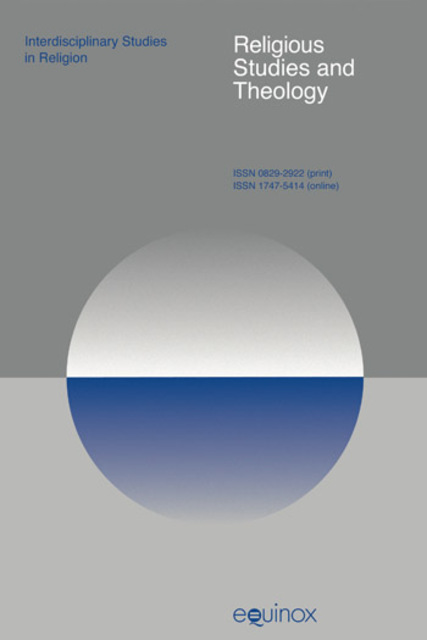“A time will come…” Catastrophe and Epistrophe in the Latin Asclepius

Full description
In a section of the late antique philosophical text known as the Latin Asclepius, Hermes Trismegistus foretells catastrophe for Egypt due to impiety. Hermes describes how an extreme breakdown in institutional, social, and environmental order will eventually lead to renewal. Many scholars argue that literary representations of catastrophe reflected social conditions and/or legitimized power. Like other philosophical writings, the Hermetic tractates suggested a “way of life.” This paper will demonstrate how epistrophe, the “inward turn,” exhibited in much late antique philosophy, could be one outcome of reading literary representations of social, political, and environmental catastrophe. By putting philosophical tractates such as the Asclepius in the context of rhetorical education and reading theory, I argue that reading this catastrophe was a “spiritual exercise” intended to further initiatory progress toward personal divinity. Appreciating how the Latin Asclepius simultaneously functioned in both social and personal contexts increases our understanding of late antique wisdom communities, and the individuals that composed them.
- typeImage
- created on
- file formatjpeg
- file size31 KB
- container titleReligious Studies & Theology
- creatorMark Roblee
- issn1747-5414 (online)
- issue41.2
- publisherEquinox Publishing Ltd.
- publisher placeSheffield, United Kingdom
- rights holderEquinox Publishing Ltd.
- volume
- doi
We use cookies to analyze our traffic. Please decide if you are willing to accept cookies from our website. You can change this setting anytime in Privacy Settings.
